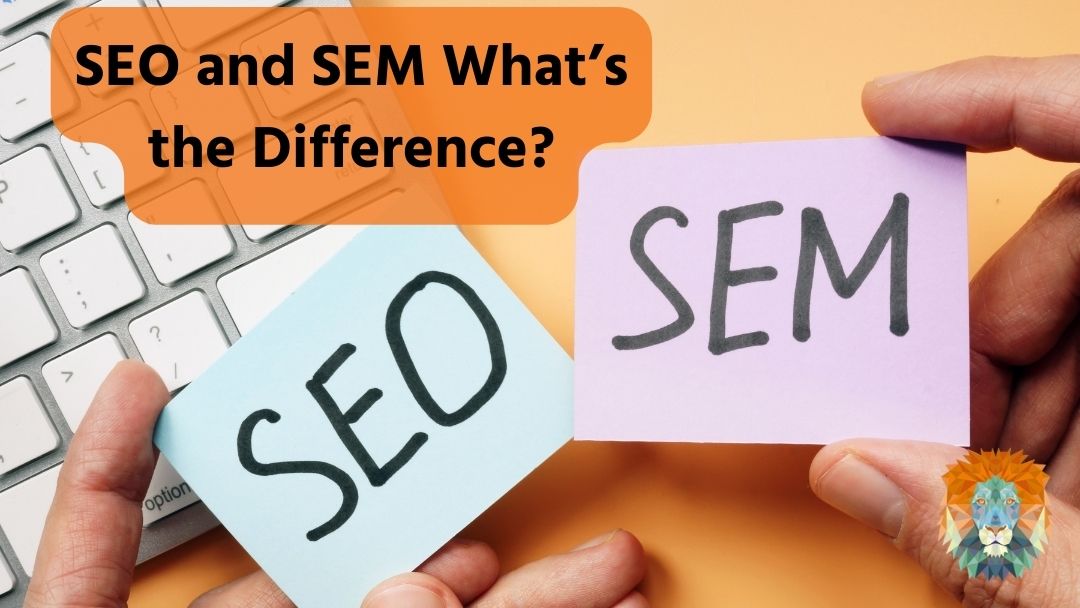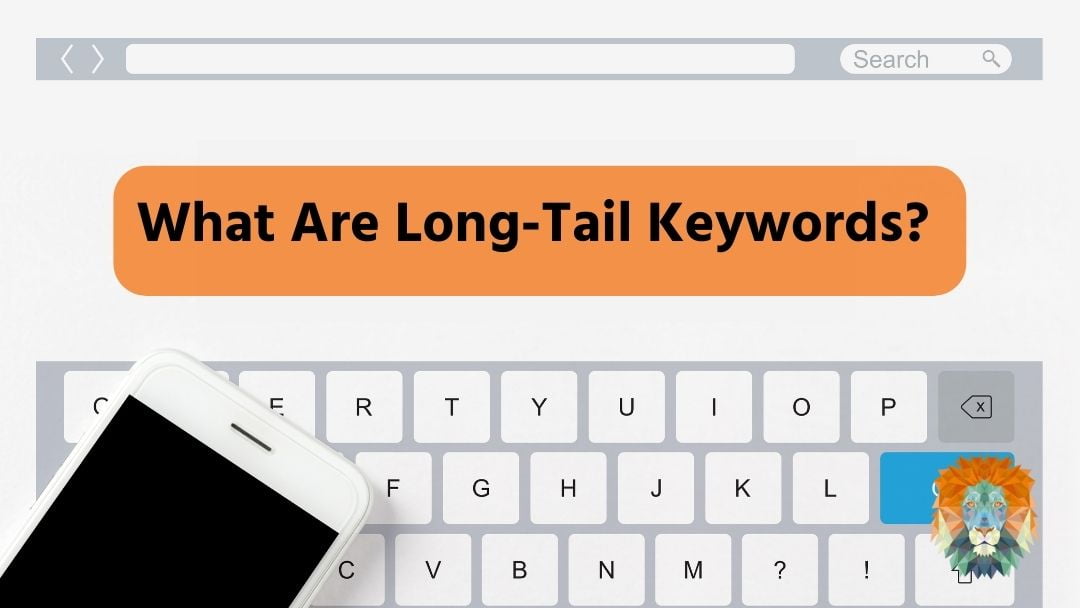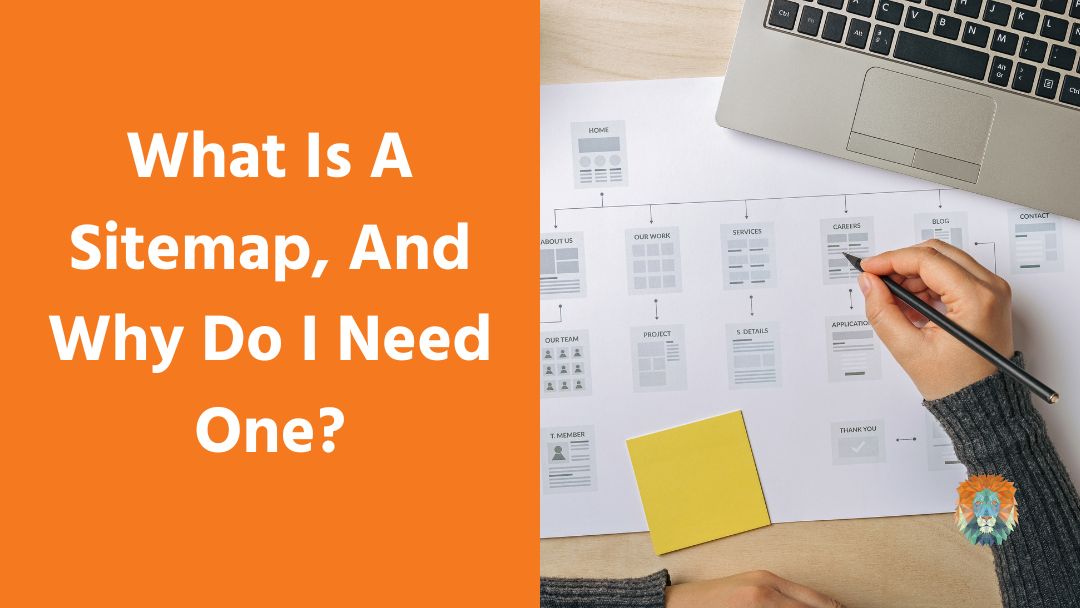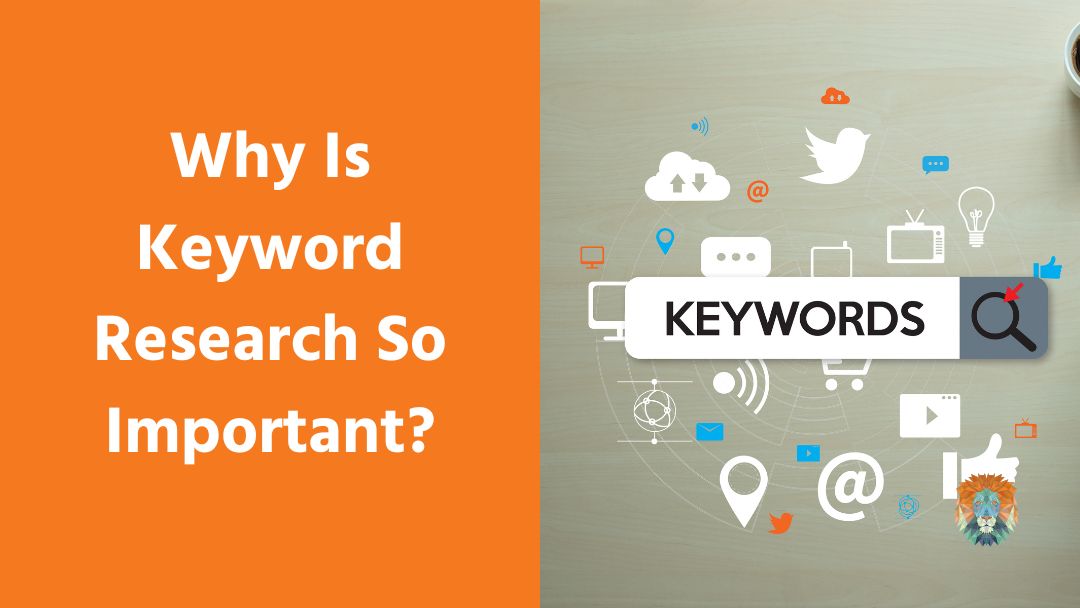When it comes to digital marketing there are a lot of acronyms to get your head around. That’s not made any easier by the fact that a lot of them are similar, describe similar things, or in some cases use the same letters for different terms! Two of the acronyms most commonly used interchangeably are SEO and SEM. They might seem similar, and in fact the first 2 words are the same (Search Engine), but that last letter really does make all the difference. So let’s clear things up a bit – what’s the difference between SEO and SEM, and how does it all work?
What Is SEO?
SEO stands for Search Engine Optimisation. In a nutshell, SEO is the process of optimising your website so that it can be found easily by search engines in general, and Google in particular. There are 3 different approaches – on-page, technical and off-page SEO, but all of them are about finding out what the ‘bots’ search engines send to scan your websites are looking for, and making sure your website ticks all of the boxes. These ‘bots’ (sometimes known as ‘spiders’) will find new content and data and send it back to the search engine to be filed and added to a wider database. There are a lot of different methods for helping these spiders understand what your website is about, including using specific language patterns, HTML tags, alt text for images and appropriate links – all of which heavily influence how the spiders, and therefore search engines, view and rank your website.
One of the biggest principles behind SEO is that it’s a long term, organic effort. by making continual changes, updating your website content, and providing the information they need to understand your site, you can gradually improve your rank position and make your way to page 1 of Google. It’s not a one-shot process, and it takes time and investment to make SEO effective. But if you’ve got the time and money, it’s a great way to stand out from your competitors and grow your business effectively.
So What’s SEM?
SEM, on the other hand, stands for Search Engine Marketing. This is when you look to increase your search engine ranking by using paid methods. While there is a little bit of a debate over whether SEO should be considered part of SEM, the general consensus between experts is that SEO is organic, while SEM is paid. You might be more familiar with the concept of SEM under another name – PPC (or Pay Per Click) advertising.
In this model, you would do research around the product and the target market you want to promote, and then design a campaign that targets the best keywords for that product, service, area or person. You would then pay for that ad to be displayed in search results at the top of the page when someone searches for those keywords in an auction-style – the more popular the keyword is, the more businesses will be targeting it, and the more you will have to pay in order to have your ad displayed over others. If a user clicks on the ad, your brand is charged. You can use SEM to promote specific products, special offers or your services in general, depending on what your aims are.
It should come as no surprise at this point that SEO and SEM are closely interlinked. In fact, you can’t really do SEM without an SEO strategy – but you can do SEO work without engaging in SEM.
How Does It All Work?
In a lot of ways, SEO and SEM are very similar. Both tactics help your business appear in search results, drive more traffic to your website, and both require continual testing and tweaking. They also both require you to know a lot about your audience, research keywords and choose specific terms to target with your efforts.
But there are some differences too. For example, SEO is often free unless you outsource your SEO work), results are shown to anyone on the internet and provide value over time. While with SEM you are charged for each click on your ad, your ads are only shown to your target audience and no one else, but the results are much more immediate.
Depending on the goals of your business, you may be tempted to choose one or the other to invest your time and money into. But if you want to see really great, sustainable results for your brand, your best bet is to actually do both at once. Because while they are powerful alone, together SEO and SEM are a force to be reckoned with. That’s because SEO is the foundation of good SEM. When you have your SEO set up and working well, you are much more likely to get high-quality traffic that converts into customers. And since a lot of the background work is rooted in the same places (keyword research, audience understanding etc), using both in concert is often considered the best approach.
What Platforms Can I Use for SEM?
But if SEO is done on your website, where is SEM done? Simply – on the search engine itself! Here you have two options for where to display your ads:
Google Ads
The most widely used SEM platform in the world. Billions of Google searches are performed every single day, so choosing Google for your SEM means you know your ad will be displayed in front of the biggest online audience possible.
Bing Ads
People often forget about Bing for their ads, but it’s the second most popular search engine out there. What’s more, it claims to be able to connect you with over 3 million users that Google can’t reach by serving your ads not just on Bing, but on Yahoo and MSN as well.
On top of the actual platforms, there are dozens of different tools you can use to analyse the performance of your ad campaigns. Services like WordStream, SEMrush, and Aquiso are all designed to help you create the best SEM ads possible, understand exactly how well they’re performing and see what you should change for your next campaign if you want even better results. Which ones you use depends on your needs and your budget, so we recommend experimenting and seeing which works best for you.
At Lion Spirit Media, our job is to make sure your business voice can be heard roaring throughout the digital jungle. That’s why we offer services for organic SEO, paid ads management or a combination of the two so that you can experience the advantages of SEO and SEM for yourself. If you would like to know more, just get in touch with the team today to book your free consultation.





0 Comments